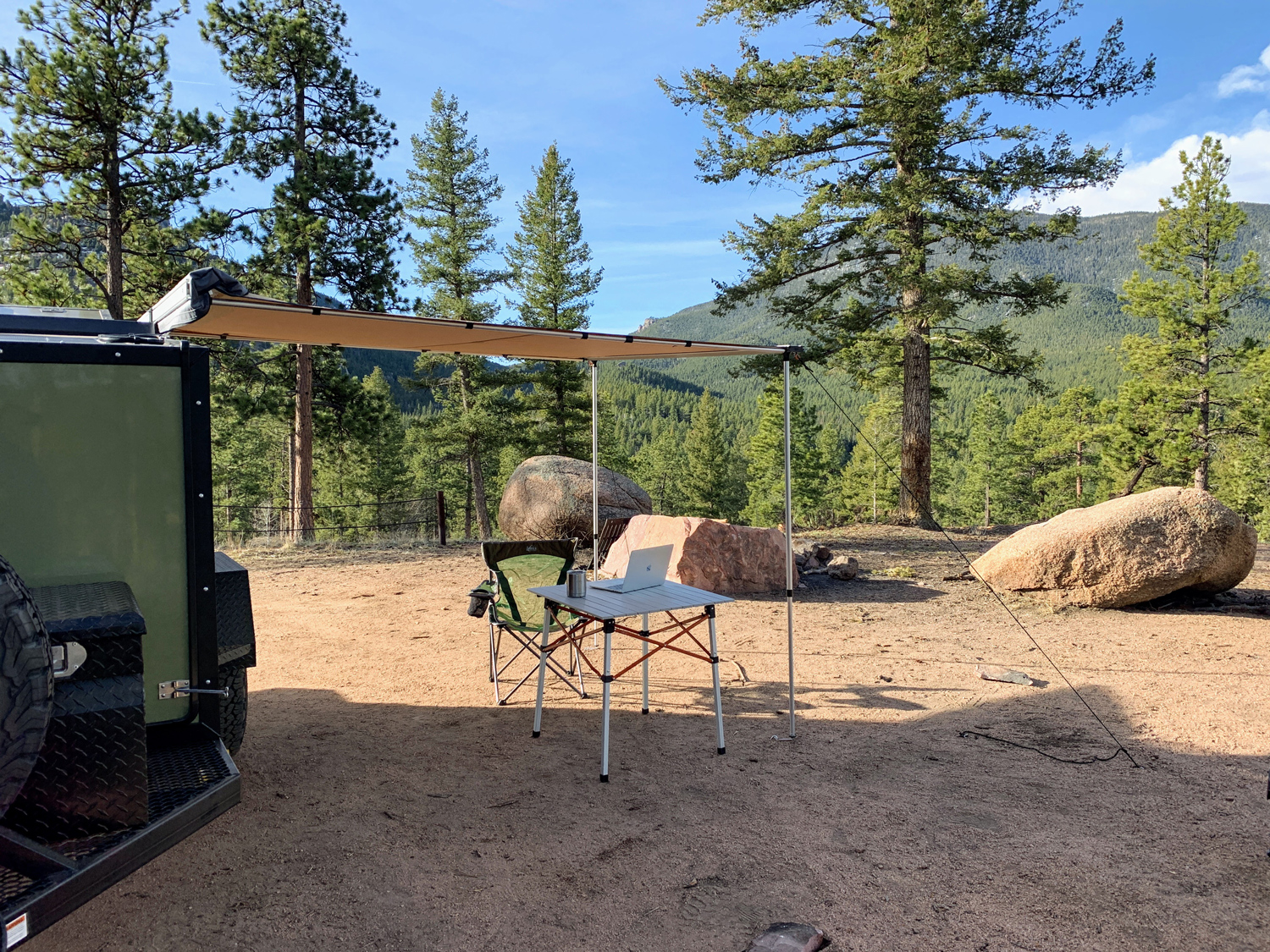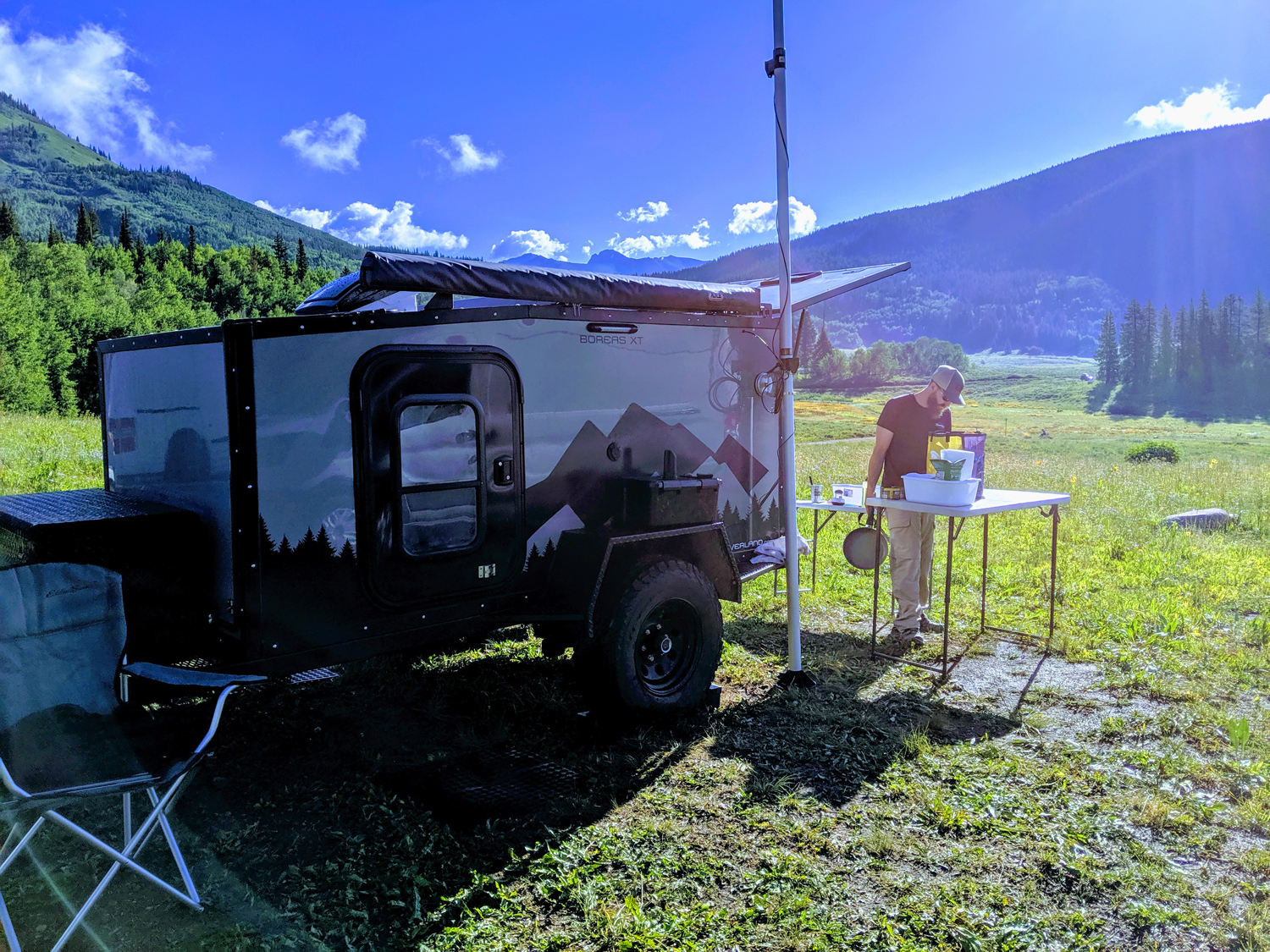For years I’d coveted the idea of working remotely, but like many “normal” folks, the 9-to-5 wouldn’t let me escape the confines of a brick and mortar office. But if there is one certainty of the human species, it’s that we’re incredibly adaptable and always find ways to adjust to changes. Due to the widely enforced stay-at-home orders in 2020, a lot of people, myself included, have finally gotten our chance to try telecommuting.
This new way of working provides a lot of great opportunities. Let’s start with the obvious and perhaps most wonderful advantage of working remotely: having access to your refrigerator, all day long. Gone are the days of sharing a crowded shelf with expired and half-eaten meals that other people have left behind.
A more serious benefit of working from home is not being interrupted, which can allow us to get lots of tasks checked off our to-do lists in a short period of time. Working from home also eliminates our commute, which can result in huge time savings (read: an extra hour of sleep). And if you are a really good multitasker, working from home means you could complete work and house chores simultaneously (maybe don’t tell your boss about that one). But perhaps one of the biggest opportunities to come from remote working is the opportunity to take our office anywhere that has an internet connection.
Working in the Backcountry
For many people, working from backcountry locations isn’t new; I recently read about two Boreas Campers owners who prefer working from the field instead of their homes. Denver-based software engineer Darren has been working remotely for the past four years and shares his experience working from his camper.
“I tried tent camping while remote working, but it just wasn’t feasible. The fridge and 20-gallon water capacity on [my] Boreas eliminates frequent trips to town, and being settled in a location with the things I need makes it possible to do my job well, even in the backcountry. Having the hard-sided camper is key, too, when nasty weather rolls in.”

Nick is another Boreas owner and also a software engineer who spends about 25 percent of his time working remotely from various locations in the Rocky Mountains during the summer camping months. He reflects on the advantages of having an off-road-capable camper for remote working.
“I know wherever I can go with my tow vehicle, the camper can come too. If you can be patient and understand it takes trial and error and exploring to see what you can find, then you will really enjoy working in the backcountry. And make sure you have good batteries.”
Both Darren and Nick rely on WeBoost signal boosters to maintain cell phone coverage in some of the more remote locations that they choose to work from. If you are curious about mounting a cell booster on your trailer so you can also work from the field, check out Nick’s forum post here.
To read the full article with insights about remote working from Darren and Nick, check out the Boreas Campers blog post on how to work remotely while traveling.


